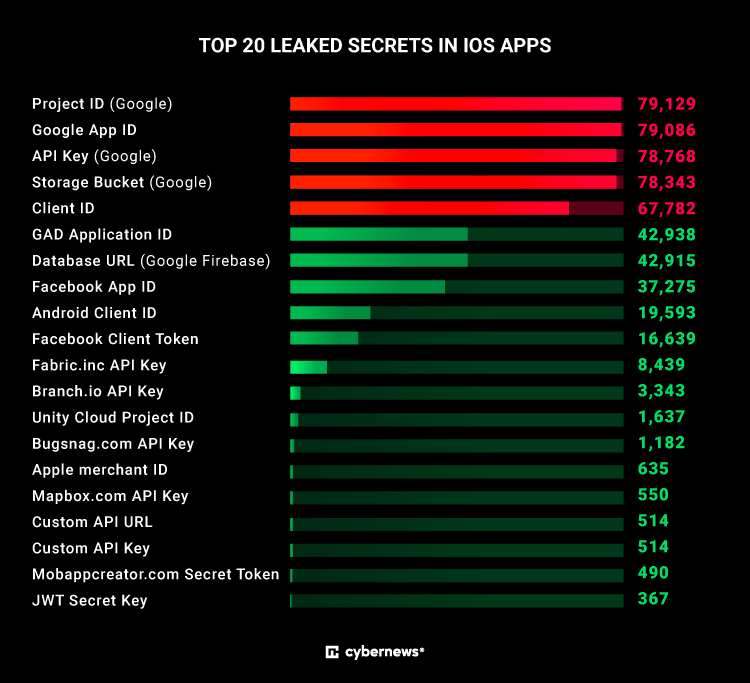
Google has drawn the attention of regulators and privacy advocates with its new user-tracking method. Instead of relying on traditional cookies, the company has transitioned to digital fingerprinting, rendering true online anonymity nearly unattainable.
Digital fingerprinting allows advertisers and data brokers to track users based on their online behavior, spanning multiple browsers, sessions, and devices. Experts warn that even VPNs, Tor, and private browsers offer little protection against this invasive technique.
Previously, Google relied on cookies, which users could block through browser extensions, incognito mode, or cache clearing. The new method, however, is far more difficult to circumvent, as it generates a unique user profile based on device parameters, IP addresses, installed fonts, and other system attributes.
Google’s latest move has triggered strong backlash from regulatory bodies, particularly in Europe, where data protection laws are rigorously enforced. A spokesperson for the UK’s Information Commissioner’s Office (ICO) condemned digital fingerprinting as an “irresponsible” practice, warning that advertisers will have to prove compliance with stringent regulations.
Notably, Google itself criticized this technology in 2019, calling it unfair to users. Now, however, the company justifies its adoption by citing “advancements in privacy-preserving technologies,” including on-device data processing and secure computing. Experts, however, argue that the true motivation lies in commercial gain.
Digital fingerprinting enables the seamless aggregation of user data across multiple devices and platforms, creating highly detailed profiles. This benefits not only advertisers but also government agencies, which can monitor journalists, activists, and individuals seeking online anonymity.
Industry experts warn that Google has effectively opened Pandora’s box. They predict that other companies will swiftly adopt the same approach, intensifying mass surveillance and making it the new norm. Additionally, the volume of collected data is expected to grow exponentially.
Google defends its decision by pointing to the expansion of advertising platforms like Connected TV (CTV), claiming that its technology helps advertisers strike a balance between targeting and privacy. However, critics argue that the company’s true motive is not user security but profit maximization.


